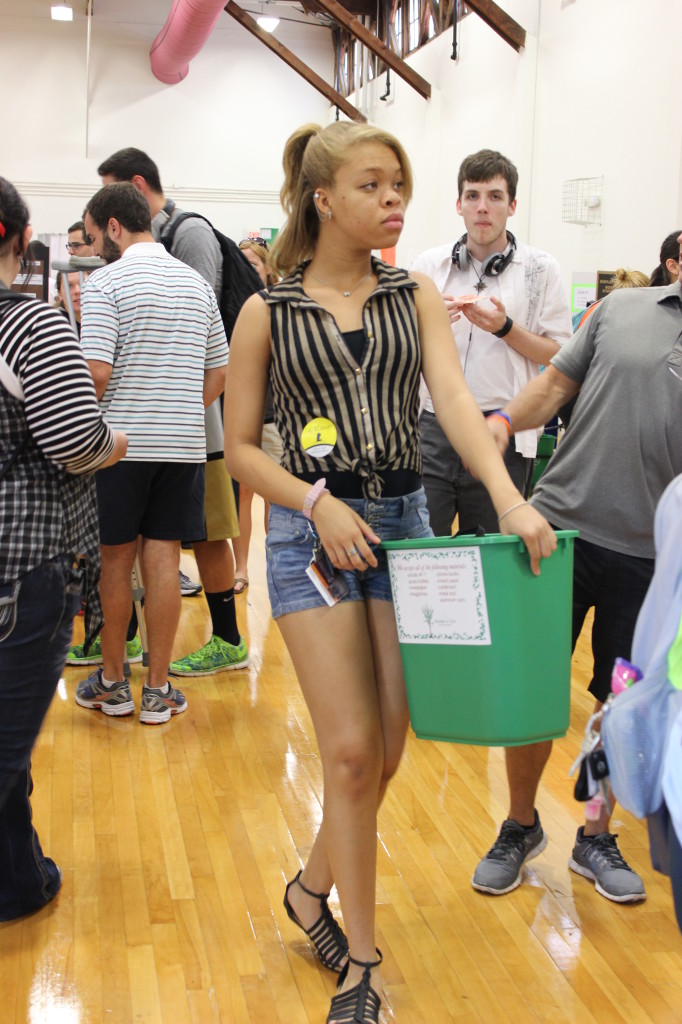MCgreen initiatives promote sustainability

Maryville College has long enjoyed the benefits of its promotions of environmental
care and physical wellness. In 2009, Crawford House, the host of Maryville College’s
Mountain Challenge program, received its gold LEED certification.
This certification is granted based off the building’s score out of 110 points and is
judged on five categories: Sustainable Sites, Water Efficiency, Energy and Atmosphere,
Materials and Resources, and Indoor Environmental Quality. Crawford scored 66 out of
the 110 and is one of only eighteen pre-existing buildings in Tennessee to be modified
to receive this certification and is one of only 3 colleges in Tennessee to receive the gold
LEED certification.
Mountain Challenge is also a way for students to hone their physical well-being and
is a required part of Freshman Orientation. With activities ranging from conquering the
tower outside of Crawford House to canoeing, Mountain Challenge pushes students
while teaching them about sustainability.
Crawford is not the only eco-friendly part of campus, however. Back in 2012, MC
installed solar docking stations outside of Pearson’s Dining Hall. Equipped with electrical
outlets and USB ports, students can recharge their electrical devices using only solar
energy. MC broke new ground by being the first college or university in the state of
Tennessee to use such solar docking stations.
And as always, during the winter months the entire campus will be heated using the
clean burning wood chips from the steam plant located on the outskirts of campus.
New to the campus this year are water bottle refill stations, located throughout the
MC halls on the backs of some water fountains. These stations, as the name suggests,
are made to refill empty water bottles. They also display the current number of water
bottles that have been refilled at that particular station.
This idea of combing a person’s physical wellness as well as using sustainability and
recycling to care for the world around us is known as Reciprocity.
According to Emily Guillaume, staff member at Mountain Challenge and
environmental studies major, “If we take better care of ourselves by eating right, getting
enough physical activity, etc., then we are also taking care of the environment, and vice
versa. Human and environmental health are not mutually exclusive, and we so have to
stop thinking about them as separate entities and start putting them together in a more
holistic view of sustainability.”

